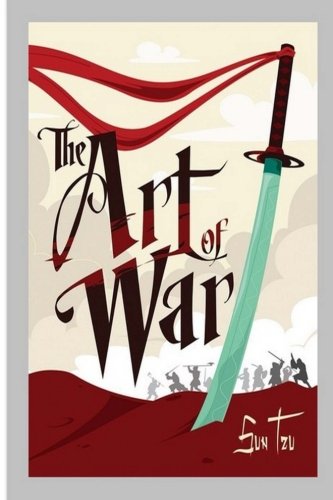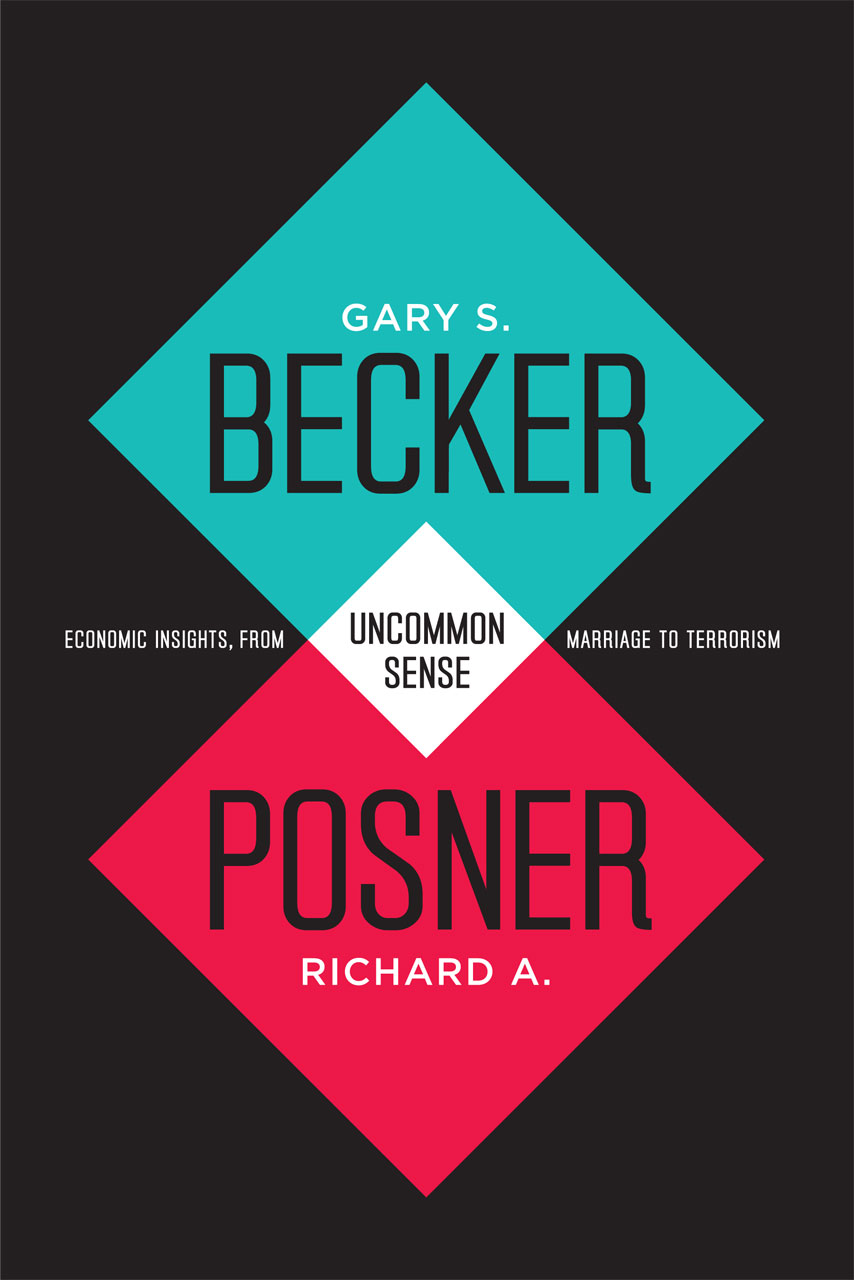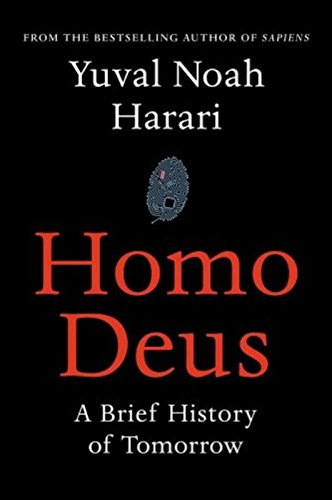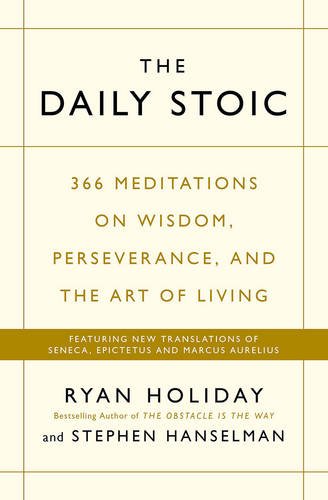The science of art On the scientist/artist scale I am far on the side of science. However, that doesn’t mean that there is nothing to learn from art. If we think of art as a way to represent an aspect of reality, then the chosen medium will alway impose limitations on this representation. The best art finds new ways to overcome these boundaries, taking in new ideas, thoughts and discoveries. It takes sufficiently elaborate mathematics to get perspectives and proportions right, which reflects in renaissance paintings, for example. Yet, modern art brought new forms of abstraction, as artists sought out better ways to depict their message. The creation of art needs a unique worldview, focused, analysing, and abstracting all at once. Unfortunately, this worldview also leads some artist to selling their own canned poop. It would be great to have the visualization and visual communication skills of a painter while keeping a socially acceptable professional behavior, so I was quite thrilled by the title of Think like an Artist, don’t Act like one. It was a little let down for me to find out that de Wilt’s book is just another collection of wisecracking, bon mots and aphorisms about artists…
Review: The Art of War is a collection of stratagems (bite-sized, aphoristic strategic teachings) by chinese military commander Sun Tzu (or Sun Zi or a dozen variations) – and well over 2500 years old. So why this review? Because The Art of War still makes the management book bestseller lists (like here, here, here or here). This review is based on the annotated german translation by Patrick Lindley of the 1910 english translation by Lionel Giles. There are several versions around, so your experience may vary slightly. I chose one of the tackier cover arts for this blog post, by the way. The Art of War of the past Sun Tzu, as a seasoned general, has a pragmatic view of war and combat. Peace is best for everyone, but if war is inevitable, unnecessary battles have to be avoided. If a battle is inevitable, it should be fought with as few casualties as possible. According to Sun Tzu, to achieve this goal one needs preparation, discipline and execution. To prepare for war, the wise leader adopts a holistic view of war, and takes into account the terrain, weather and timing, numbers and motivation of troops on both sides,…
Review: A tall tale of market efficiency, informed choice and the quest for the right discount rate. I’ve been reading on modern economics lately. Some authors challenge dearly held economic assumptions, others use new and radical methods. Uncommon Sense is the old-fashioned kind of economics. The kinda bad kind. Becker and Posner curated a collection of their blog posts, each one written by one author with a commentary of the other. I did not check if the book content was directly taken from the author’s blog, or if some updates have been made. They muse on different topics, arranged by overarching themes, and they offer their economic and legal view on affairs. Applying economic principles to affairs things are not typically appraised by economic value is a neat idea. Bring down any decision to a sum of money that the alternatives will cost or bring in, and everything gets easy. Unfortunately, it doesn’t work all the time. Here are some examples from Uncommon Sense where I believe that the authors go awry. They never think far enough Love is transactional, remember? Becker and Posner would like to take it one step further and define marriage purely as a contractual…
The End of Strife: The four horsemen of the Apocalypse are Famine, Plague, War and Death – pop culture does not always get this right – and after defeating the first three we might now just continue and conquer Death, too, and see, where this leads us as a species. Homo Deus starts with a rather bold claim: throughout history, famine, plague and war were the central topics of human life, and recently, all three of them have been made all but irrelevant. For all of history, humans have lived a couple bad days away from starvation, a couple bad rats away from the pocks and a couple bad words away from an all-out war against their neighbours. There are still starving people in the world, but no longer because there is not enough food for them, but because letting them starve furthers someone’s agenda. We talked about his before. There are still infectious diseases in the world, but they remain local outbreaks, and we no longer perceive them as a force of nature, but rather as a consequence of our own lack of hygiene and prevention. And there are still combats fought in the world, but they are no…
Review I used to associate the word “stoic” with absence of emotions and stubbornness. Apparently, I was wrong. A bit. Apparently it is all about having principles and concentrating on the things of life one can actually change (the circle of influence). Everything outside of this circle is neither good nor bad, just facts and circumstances, and one can live happily by developing an indifferent attitude towards them. The daily stoic comes in the format of an almanac, offering a short quotation by a famous greek stoic and an explanatory part offering interpretation and context. The idea is to read and meditate on a stoic teaching of the day everyday, but don’t worry, if you buy the book after January 1st you don’t need to wait a whole year to start. Although each moth has a central topic and three months are grouped around one of the key stoic principles (perception, action, will), the daily witticisms do not need to be read in order. The short format (maximum one page, sometimes only a few lines) is also makes this the ideal bathroom lecture. So Marcus Aurelius, Epictetus and Seneca, the most quoted stoics of the book, came from very different places…







